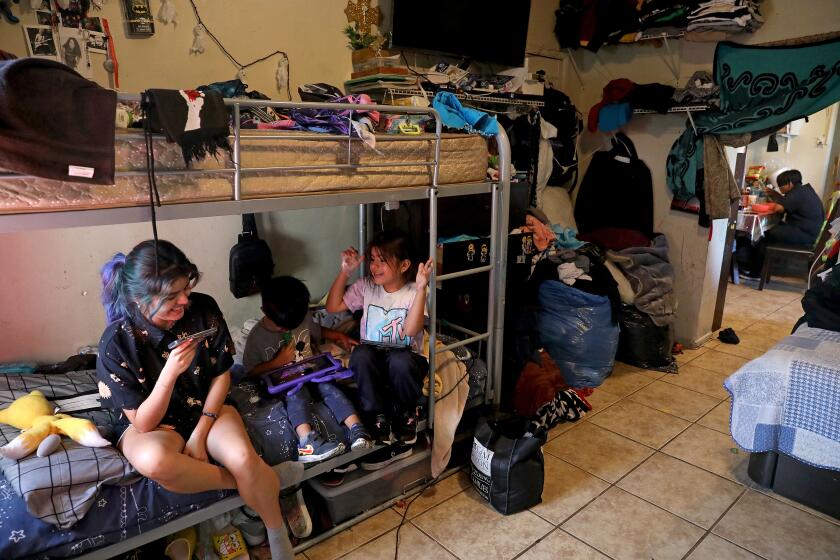Longtime tenant’s son may be selling marijuana
Question: I own a rental home that has been occupied by a very nice tenant for more than 10 years. About two years ago, her adult son moved into the house. When I realized he was living there, I reminded my tenant that her rental agreement required every adult living in the property to be a party to my rental agreement. The son complied, which means both mother and son are now on the month-to-month agreement.
But over the last several months, neighbors have told me that the son is growing marijuana in the backyard and selling it to his friends. I want the son out of my house, but I would like to keep his mother as a tenant. Can I give the son a 60-day notice of termination that would require him to leave while leaving his mother in the home?
Answer: Right now you are party to a rental agreement with both the mother and son. In essence, they are joint tenants, jointly liable for the terms of the agreement. For example, if the son failed to pay rent, the mother would be liable for all the rent due. This joint relationship means you can’t sever the son from the relationship while leaving the mother in place under the current agreement.
You could give both tenants a 60-day notice, which would be the appropriate type of notice, because this tenancy has existed for more than one year. You could then sign a new agreement with the mother as the sole tenant, if she were willing to do so, leaving her in place as the sole tenant under a new agreement.
But this strategy will work only if the son leaves the house. If the son fails to leave pursuant to the 60-day notice, you would be forced to pursue an unlawful detainer eviction case against him and his mother.
Alternatively, you could give both tenants an unconditional three-day notice to quit for allowing the criminal activity of selling marijuana, but that option would be very harsh on the mother. Also, you would be required to prove the criminal activity in an unlawful detainer action if the tenants failed to leave voluntarily after receiving the notice to quit. Relying on neighbors’ reports rather than an arrest or conviction would probably be insufficient.
Also, check to see whether there is a “just cause for eviction” ordinance in the jurisdiction where the house is located. If so, check the specific requirements because such an ordinance might require proof of illegal activity or some other violation of the rental agreement, even if you follow the 60-day notice of termination route.
Van Deursen is director of Dispute Resolution Programs for Project Sentinel, a Bay Area nonprofit. Send questions to info@housing.org.






